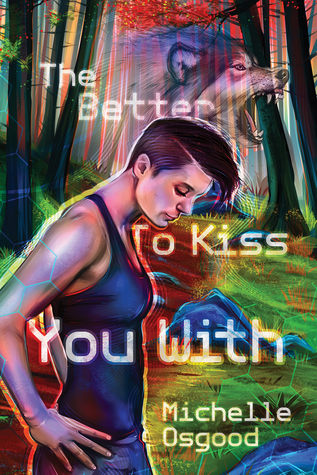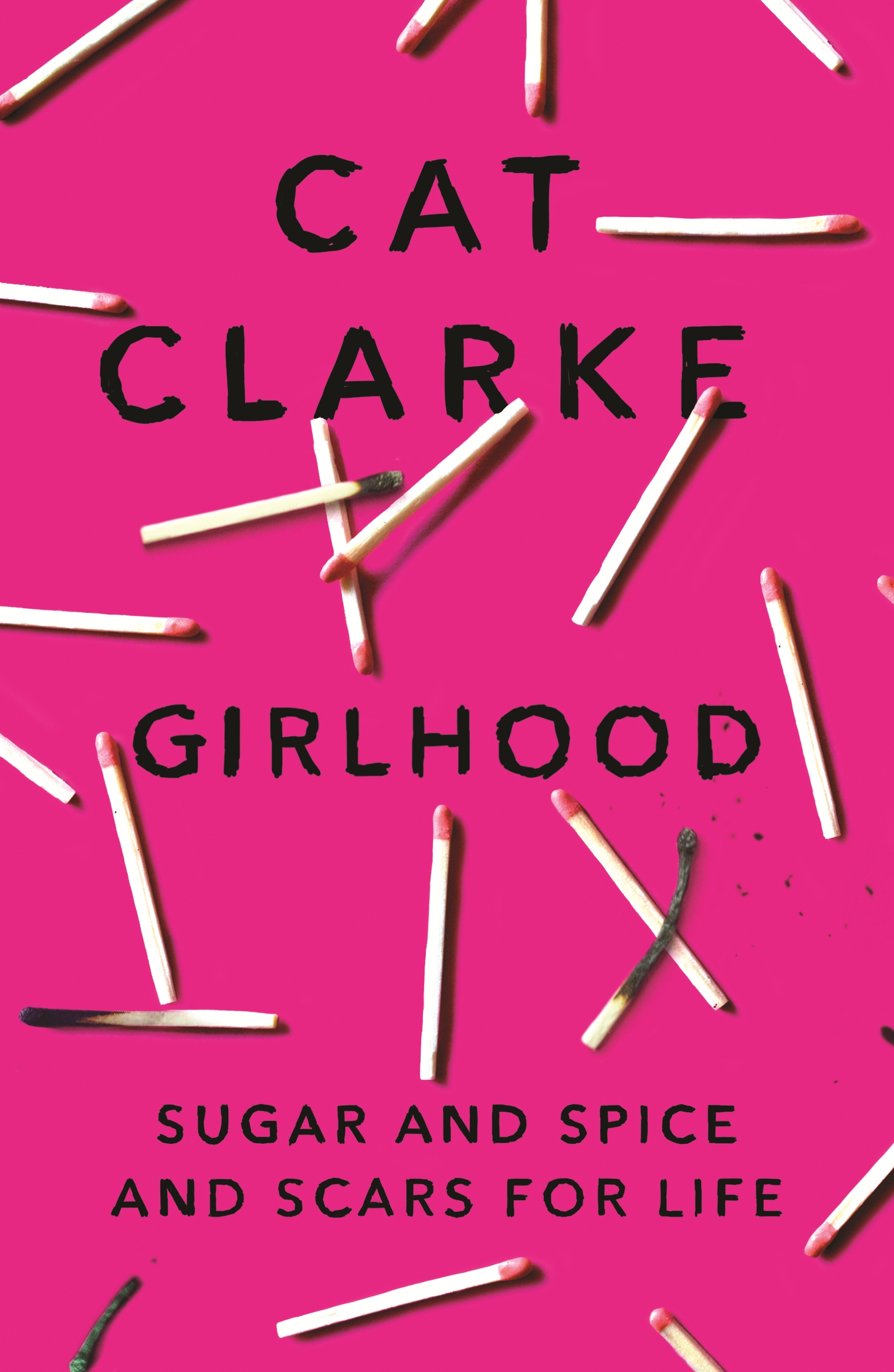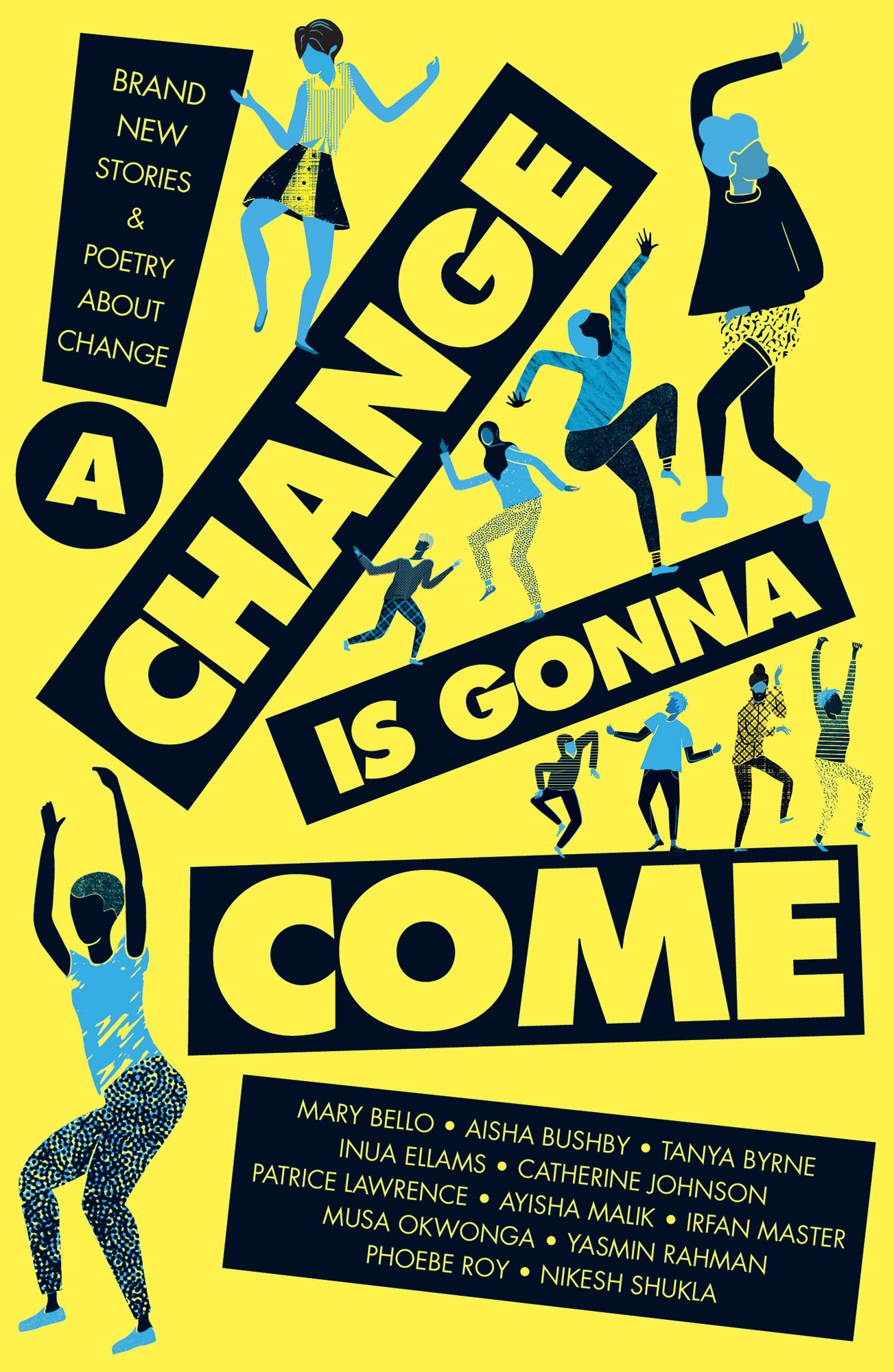Our April Author Takeover comes from debut author Michelle Osgood, whose novel The Better to Kiss You With will be published by Interlude Press later this month. Michelle developed her writing in fandom communities and joins a family of authors who have made their way into Interlude’s ranks through the realm of popular fan fiction. Not only are these titles fantastic examples of writing with an understanding of fan culture and interests, but they also fill a gap in mainstream publishing with an exceptional inclusive ethos, embracing literature with LGBTQ* and diverse characters.
Michelle’s own novel explores the story of Deanna, the moderator for Wolf’s Run, an online werewolf role-playing game. Sadly, life on the Internet is not always a happy one, and Deanna’s life soon becomes more complicated when a Wolf’s Run player starts to become a threat. When the boundaries between reality and the virtual begin to blur, even Deanna’s new girlfriend, Jamie, seems to know more than she first let on…
You can find Michelle at www.michelleosgood.com or on Twitter @OsgoodMichelle
Fandom Is as Fandom Does
First off, let me just say how ridiculously excited I am to be on MuggleNet right now! Seventeen-year-old Michelle is freaking out (so is twenty-seven-year-old Michelle, but she’s trying to be cool about it). Like many people from my “Millennial” generation, I was lucky enough to read Harry Potter as it was coming out, and I had the extraordinary experience of growing up alongside Harry, Hermione, and Ron.
One of the most amazing things that came out of this shared experience was the fan community that grew and flourished with each book. Some of my favourite memories as a teenager include midnight book release parties, receiving my first Gryffindor scarf from Alivan’s Wand Shop for Christmas, and spending hours with my friends debating and discussing the incredible fan theories we read on MuggleNet. The Harry Potter fan community was — and is — immense. It crosses age groups, genders, sexualities, countries, languages, and more. We’re a diverse group brought together by our shared love for a book, and because so many of us were becoming adults with the characters, there’s a certain sense of ownership and interaction that we have with Harry Potter that I don’t believe I’ll ever experience again.
In my novel, The Better to Kiss You With, the main character, Deanna Scott, works as a content moderator for an online text-and-location-based game called Wolf’s Run. Wolf’s Run is a werewolf role[-]playing game that is accessed through a mobile app and can be played from any device in real time. In addition to the app, Wolf’s Run has a website with profiles and message boards, which is where most of the game plot and role play takes place. What I wanted to capture with this game is the sense of community that I felt while growing up reading Harry Potter, which meant that it was important to me to have a game with players of all different ages and backgrounds and the same spirit of community engagement.
Every month on the full moon, Wolf’s Run hosts player meet[-]ups. Like the midnight release parties with each new Harry Potter book, the event is large, and many of the players come in cosplay. There’s a real sense that this game transcends the online world. It makes for a true fan community, and because of this sense of ownership, Wolf’s Run isn’t just a job to Deanna[;] it’s something she cares about deeply.
It’s because of this sense of kinship and responsibility to the game’s players that when an antagonistic user named crywolf’s threats escalate to include not just harm to Deanna but to other players as well, Deanna knows she has to stop him. Luckily, she’s not facing the self-proclaimed werewolf alone and has her best friend, Nathan, and her new lover, Jamie, at her side — and Jamie is a bit more than she appears.
Fandom has been such a huge and positive part of my life that I wanted to give it a space in the world of The Better to Kiss You With, and writing in the New Adult genre meant it would be something that my audience could feel connection with as well. That’s the amazing thing about fandom — it brings us together in ways we could never imagine when we first open that book or log into a game.





